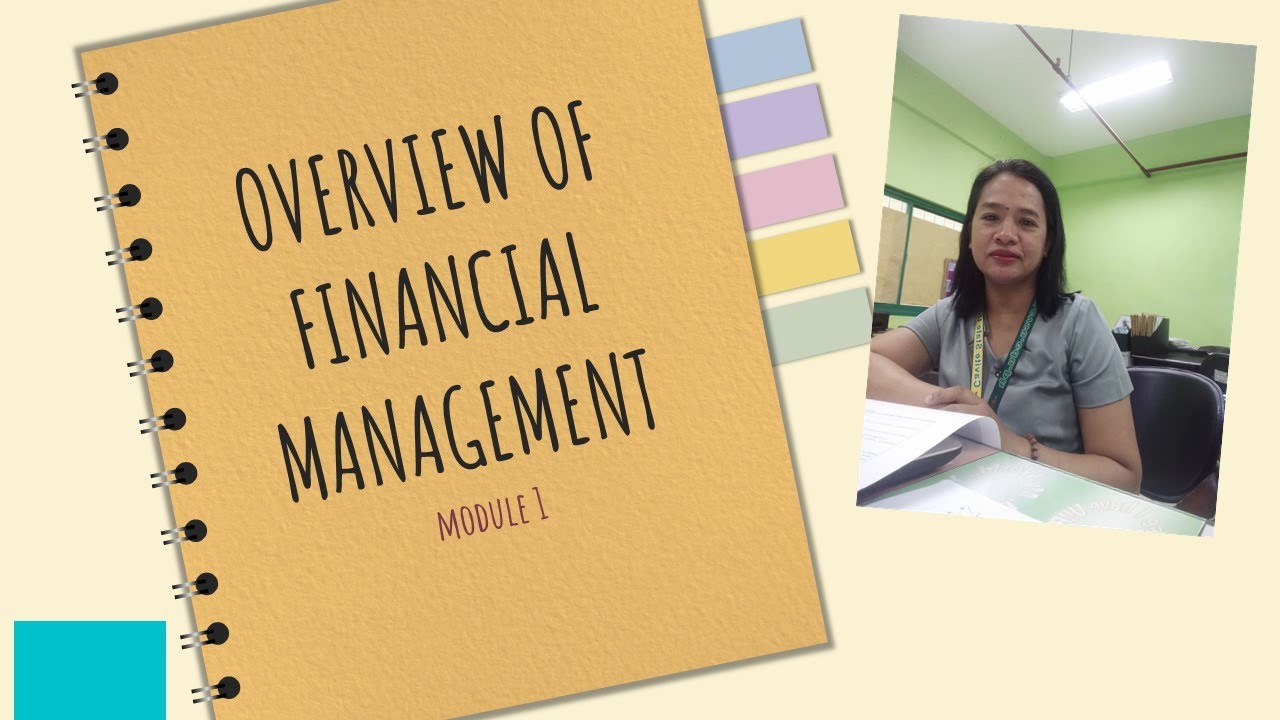I read 40 books on money. Here's what will make you rich
Summary
TLDRThis video script offers a comprehensive overview of personal finance and investing principles gleaned from various books. It contrasts traditional investment banking advice with insights from 'Rich Dad Poor Dad' and 'The Cashflow Quadrant,' emphasizing asset accumulation and financial independence. The '4-Hour Workweek' by Tim Ferriss is highlighted for its approach to smart work over hard work, while 'The Millionaire Fast Lane' discusses the reality of quick wealth creation. 'Think and Grow Rich' and 'The Psychology of Money' delve into the mindset required for financial success. The script also underscores the importance of investing in oneself and managing money wisely before venturing into the stock market, suggesting books like 'The Intelligent Investor' and 'A Little Book of Common Sense Investing' as valuable resources for beginners.
Takeaways
- 😀 'Rich Dad Poor Dad' emphasizes the importance of understanding assets and liabilities, and the need for independent thinking in building wealth.
- 🤔 'Cashflow Quadrant' introduces the concept of different ways to earn money beyond traditional employment, highlighting the limitations of a 9-to-5 job.
- 🚀 'The 4-Hour Work Week' by Tim Ferriss encourages working smarter, not harder, and building a business that can operate autonomously to achieve financial freedom.
- 🛣️ 'The Millionaire Fast Lane' differentiates between the slow lane of steady employment and the fast lane of creating passive income through business or investments.
- 💡 'Think and Grow Rich' is a polarizing book that can either be seen as fluff or as a transformative guide to unlocking limiting beliefs about money.
- 💰 'The Psychology of Money' explores the psychological aspects of how we perceive and interact with money, and the role of chance in financial success.
- 📚 'The Intelligent Investor' by Benjamin Graham is considered a timeless guide to investing, focusing on a rational decision-making framework and emotional control.
- 👧 'Girls That Invest' is a beginner-friendly book that explains the basics of investing and helps readers find their investing personality type.
- 📊 'A Little Book of Common Sense Investing' by John Bogle promotes the simplicity and effectiveness of investing in index funds for long-term growth.
- 👀 'One Up On Wall Street' suggests that average investors can have an advantage over professionals by investing in what they know and understand from daily life.
- 🔗 All the books agree that there are no shortcuts to financial success; it requires discipline, persistence, and emotional control.
Q & A
What is the main premise of the book 'Rich Dad Poor Dad'?
-The main premise of 'Rich Dad Poor Dad' is to contrast the traditional financial advice given by the author's biological father, who recommends a secure job and pension, with the advice of his 'rich dad,' who encourages independent thinking, building a business empire, and buying assets that generate income.
What is the concept of assets and liabilities as explained in 'Rich Dad Poor Dad'?
-In 'Rich Dad Poor Dad,' assets are defined as things that put money into your pocket, such as investments, real estate, or businesses that bring in extra income. Liabilities, on the other hand, are things that take money out of your pocket and lose value over time, which should be avoided, especially when building wealth.
How does 'Rich Dad Poor Dad' challenge the idea of viewing a home as a primary investment?
-The book challenges the idea of viewing a home as a primary investment by stating that doing so can lead to paying more for it and buying more house than needed, which can tie up a significant amount of money in monthly payments that could be invested elsewhere for better returns.
What is the 'Cashflow Quadrant' and what does it represent?
-The 'Cashflow Quadrant' represents the four ways to earn money: being an employee with a 9-to-5 job, being self-employed or running a small business, being a large business owner, and being an investor. The book discusses how one can use this concept to achieve financial freedom and which paths are most likely to lead to that goal.
What is the main takeaway from 'The 4-Hour Work Week' by Tim Ferriss?
-The main takeaway from 'The 4-Hour Work Week' is that it's possible to live a retired millionaire lifestyle by building a business, automating it, and then collecting income while living one's best life. The book emphasizes working smarter, not necessarily working less.
What are the three paths to financial life described in 'The Millionaire Fast Lane'?
-The three paths to financial life in 'The Millionaire Fast Lane' are the Sidewalk (spending more than one earns and living paycheck to paycheck), the Slow Lane (taking a safe path, getting good grades, a good job, and investing for retirement), and the Fast Lane (leveraging time to create passive income through creating a product or system that generates income long after the initial time investment).
What is the main point of contention regarding 'Think and Grow Rich'?
-The main point of contention regarding 'Think and Grow Rich' is that some people find it to be full of fluff and lacking a clear, actionable roadmap to wealth, while others credit the book with transforming their mindset and financial lives, providing a light bulb moment for overcoming limiting money beliefs.
What does 'The Psychology of Money' focus on in relation to financial success?
-'The Psychology of Money' focuses on how our minds perceive and interact with money, our feelings towards money, and past experiences with money. It discusses how these psychological factors often overshadow raw financial knowledge and how misattributing the role of chance or luck in financial success can be misleading.
What is the 'ignorance debt' concept introduced by Alex Tarnowski?
-The 'ignorance debt' concept introduced by Alex Tarnowski suggests that the difference between one's current level of earning and a higher level, such as 100 million, is the information that one has not yet learned. It implies that what holds us back is not knowing how to achieve that level of wealth.
What are some key books recommended for tackling 'ignorance debt' in investing?
-Some key books recommended for tackling 'ignorance debt' in investing include 'The Intelligent Investor' and 'Girls That Invest'. 'The Intelligent Investor' provides timeless principles of investing and emphasizes a rational framework for decision-making. 'Girls That Invest' is a good starting point for beginners to understand the basics and terminology of investing.
What is the common thread among all the books mentioned in the script regarding financial success?
-The common thread among all the books mentioned is that there are no shortcuts to financial success or getting rich. It requires discipline, persistence, and the ability to control emotions when it comes to money.
Why is investing in oneself considered important before investing in the stock market according to the script?
-Investing in oneself is considered important before investing in the stock market because it involves improving one's ability to manage money and to make more money through a business or side hustle. This is more important in the short term and requires more work, discipline, and knowledge.
Outlines

Этот раздел доступен только подписчикам платных тарифов. Пожалуйста, перейдите на платный тариф для доступа.
Перейти на платный тарифMindmap

Этот раздел доступен только подписчикам платных тарифов. Пожалуйста, перейдите на платный тариф для доступа.
Перейти на платный тарифKeywords

Этот раздел доступен только подписчикам платных тарифов. Пожалуйста, перейдите на платный тариф для доступа.
Перейти на платный тарифHighlights

Этот раздел доступен только подписчикам платных тарифов. Пожалуйста, перейдите на платный тариф для доступа.
Перейти на платный тарифTranscripts

Этот раздел доступен только подписчикам платных тарифов. Пожалуйста, перейдите на платный тариф для доступа.
Перейти на платный тарифПосмотреть больше похожих видео

40 Money Books Made Me RICH | 40 Books Summaries in 20 Mintues

After I Read 40 Books on Investing - Here's What Will Make You Rich

What is Finance?

15 Books you should Read

Overview of Financial Management Module 1 @THINKTANKLIKEBEES

5 Important Things You Should Know About Money Management | Chinkee Tan
5.0 / 5 (0 votes)
